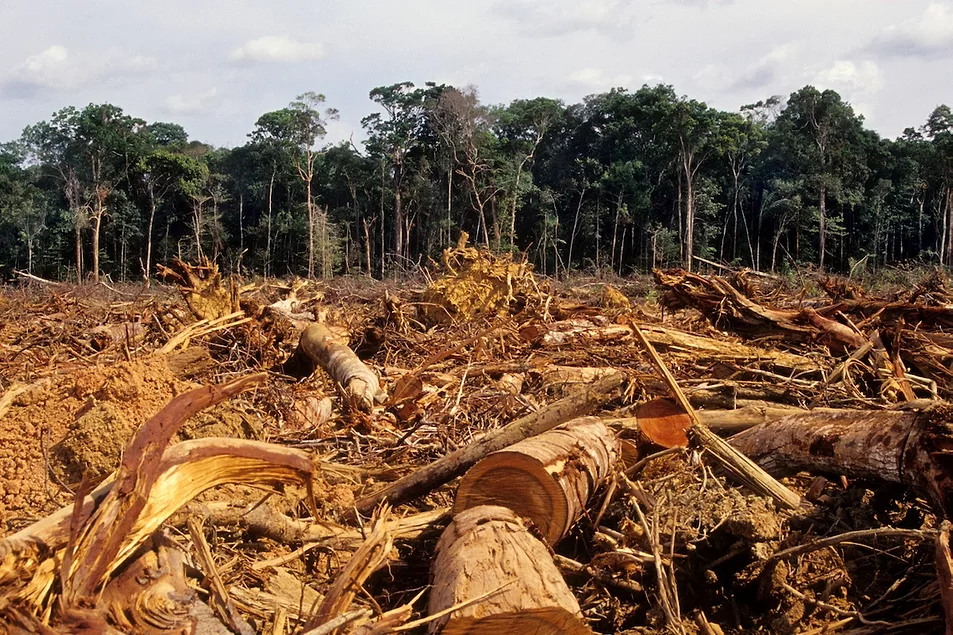
A report from environmental nonprofit Earthsight claims that leather hides sold to luxury fashion brands can be traced back to illegal cattle ranching and deforestation in the Amazon rainforest.
In a report published on June 24, Earthsight analyzed shipping records, cattle sector data, court rulings, satellite imagery, interviews and undercover work, with the group alleging that handbag brand Coach’s direct suppliers are tied to cattle slaughtered by Brazilian meatpacking giant Frigol. A separate report in 2024 from the Environmental Investigation Agency accused Frigol of laundering tens of thousands of cattle illegally raised in Apyterewa territory, home to the Parakanã people, and of turning the region into the most deforested Indigenous territory in the Amazon rainforest.
Earthsight also alleged that Durlicouros — a Brazilian tannery supplied by Frigol, and the largest exporter of leather to Europe — shipped more than 14,700 metric tons of leather to Italy between 2020 and 2023, nearly a quarter of which was bought by a pair of Italian tanneries that supply Coach and a handful of other luxury fashion brands. An undercover investigator with Earthsight posed as an interested buyer to the two Italian tanneries, with representatives from both tanneries admitting that Coach “regularly uses hides from Brazil.”
Read More: Study: Deforestation is Drying Up Brazil’s Hydropower
“Some other luxury brands have forsworn all use of Brazilian leather and put in place traceability systems and scientific tests to ensure their products are not linked to deforestation,” Earthsight said in its report. “But Coach provided no evidence to suggest it has any system in place for avoiding such risks, and its supply chains are in danger of contamination as a result.”
Although cattle ranching is outlawed in Indigenous territory under Brazil’s Constitution, the country’s Pará state — which includes protected Apyrerewa territory in state’s southern region — experienced the highest level of forest loss of all Brazilian states between 2001 and 2024, with 90% of deforested areas cleared to make room for cattle ranching. Frigol reportedly bought more than 17,000 heads of cattle from ranchers in Pará between 2020 and 2023.
In a statement provided to Earthsight, Frigol said that it monitors its Tier 1 suppliers through a traceability platform called Visipec. But Earthsight asserted that Frigol’s protocol does not cover indirect suppliers, and found through public records requests that Frigol had purchased more than 3,600 illegally-raised cattle linked to a scheme to falsify animal transport permits, and was subsequently fined 1.8 million real ($325,000) in 2024 by Brazil’s environmental watchdog agency.